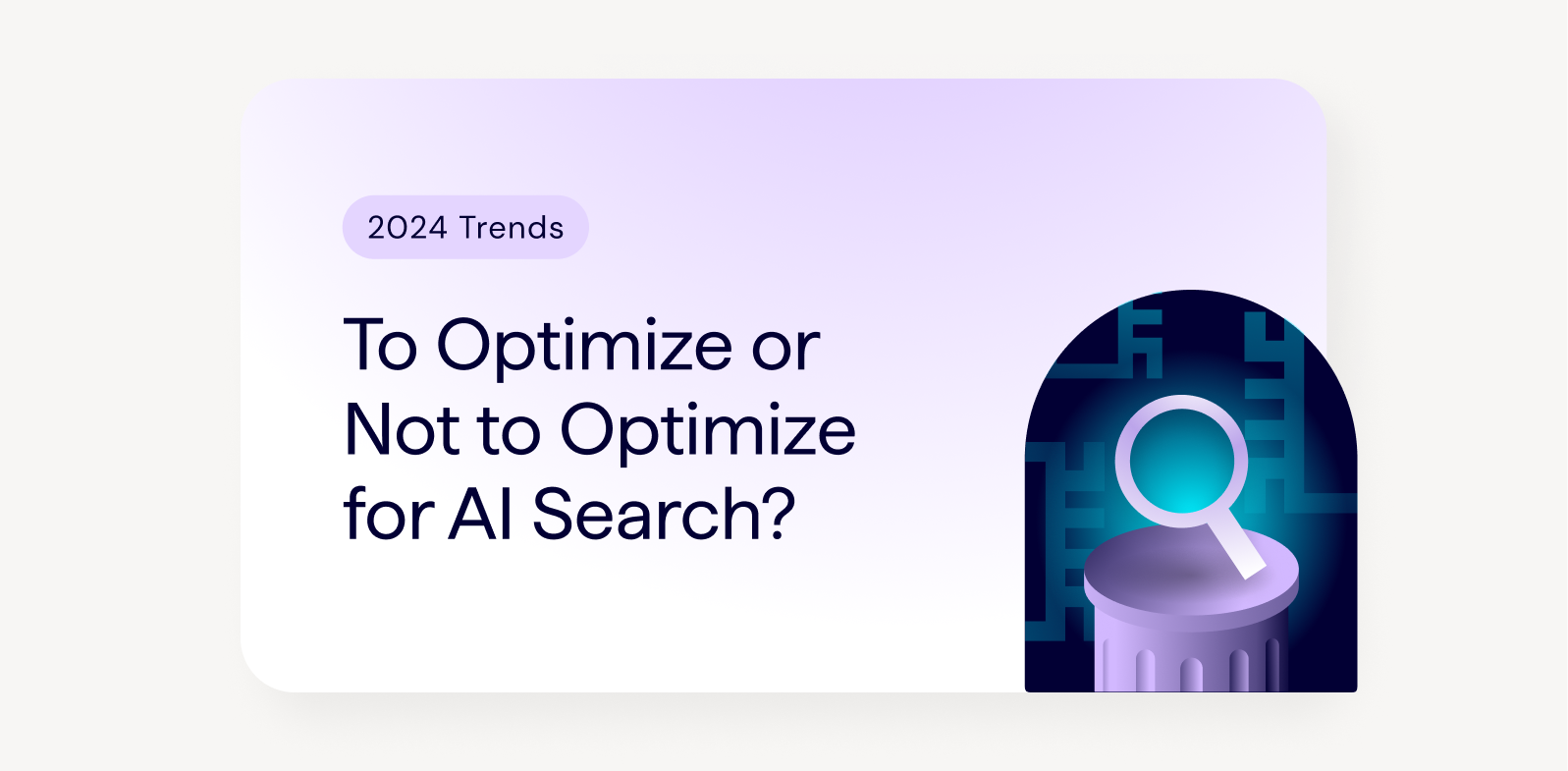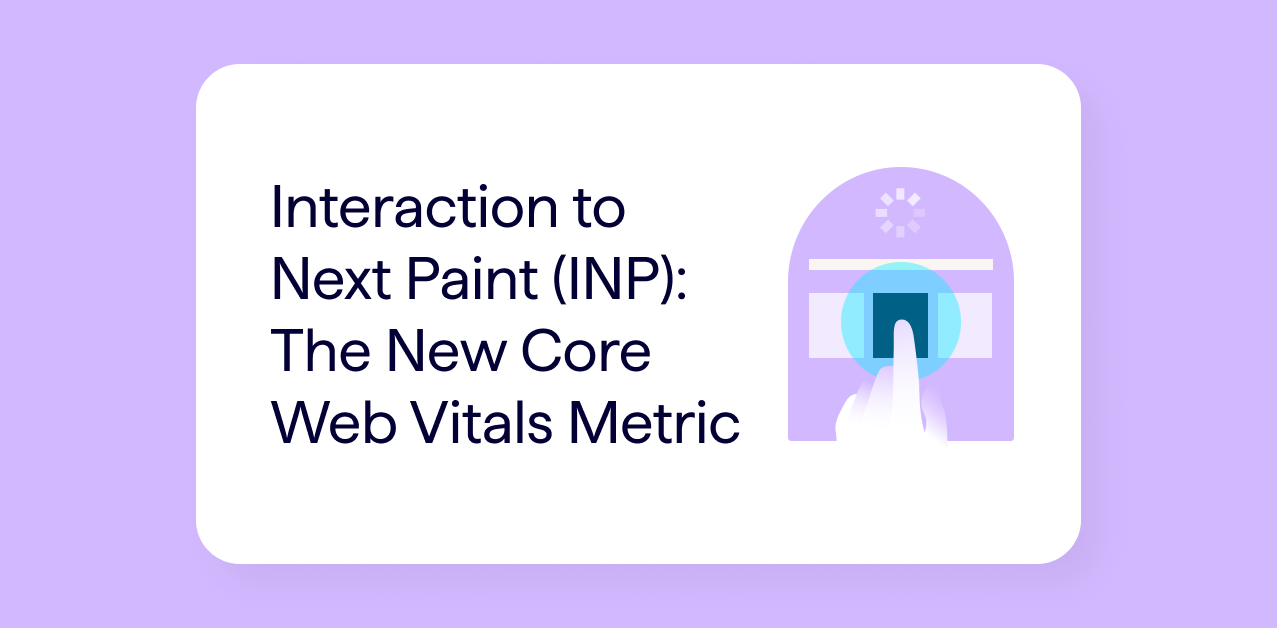Notes from the Google Webmaster Hangout on the 21st of August 2018.
Data in the New Search Console Links Report Will Differ From the Old One
The new GSC links report is calculated slightly differently so it’s normal to see some differences in data from the old report. The new report is more accurate.
Focus on Search Console Data When Reviewing Links to Disavow
If you choose to disavow links, use the data in Google Search Console as this will give you an accurate picture of what you need to focus on.
Rich Results Won’t Always be Shown in the Search Results
Pages will sometimes have a variety of markup and rich results available which would be visually overwhelming, so Google will select which rich result to show from a site depending on the query e.g. a video result for one and a review for another.
ccTLDs Can’t be Applied to a General Region
ccTLDs only work at a country level, so you can have ccTLDs for the different countries in Africa but you can’t have one ccTLD targeting the whole of Africa.
Hreflang Doesn’t Cause Content Duplication as URLs Are Switched in SERPs
You don’t need to worry about content duplication with hreflang because Google will recognise URL clusters and the connections between them and swap the URLs in the search results to show the most relevant page for the user.
There are 3 Levels of Hreflang: Language, Language + Country & X-default
The 3 levels of hreflang targeting are language, language + country and x-default which is used to specify default targeting for pages that haven’t been explicitly targeted to a particular language.
Google Uses X-default if it Can’t Find Relevant Country + Language or Language Result First
Google will first try to find a relevant result for the user’s particular country and language combination e.g English in Canada, then will look for a generic language e.g. English, then will use your x-default specified result if it can’t find either.
Each Language Version has to be Crawled & Indexed at Least Twice for Hreflang to Work
Different page versions need to be understood before hreflang annotations can be used, so individual language versions have to be crawled and re-indexed at least twice to see the annotations and confirm them. John recommends using hreflang for stable content but keeping quickly changing content i.e. news in one location.
Google Won’t Necessarily Follow the Date or Time Set in Retry-After Header
The Retry-After HTTP header is good practice to use alongside a 503 status code, but Google doesn’t always follow this as many sites use it in a generic way, and may retry your site sooner than you’ve specified.
Avoid Serving a 503 Error for Days in a Row to Keep Site in Search
If a site serves a 503 error for several days in a row, then Google may start to assume that your site might be completely gone rather than temporarily unavailable and start removing pages from search.
Using Non-301 Redirects For Migration Causes Google to Reprocess Each URL
For a HTTPS migration, use 301 redirects rather than 302 or 303 redirects as the 301 is a cleaner signal for Google to process a migration. Non-301 redirects can cause Google to reprocess each URL individually.
Individual Reputation of Authors Isn’t Used by Algorithms to Rank Your Site
Google’s algorithm doesn’t look at the reputation of authors to rank your website and research isn’t done into their past work or background. It’s up to you to assess the trustworthiness of your site’s authors and the content they’re producing.
Avoid Having Domains Additionally Accessible as CDN Subdomains
If the same content exists on a main domain and as a subdomain of a CDN, it can be indexed separately. This also means Google will have to crawl more to see the same amount of content. Use redirects, canonical tags, internal linking and sitemaps to set a preferred version.
You Don’t Need to Submit Separate Mobile URLs in Sitemaps
URLs for separate mobile sites don’t need to be submitted in their own sitemap. If the rel alternate tags are set up correctly then Google will be able to find these pages through their connection to their desktop equivalents.
PageRank Can be Passed Through Meta Refresh Redirects But They’re Not Advised
Avoid using meta refresh as a redirect as these can have accessibility issues, especially when a 301 redirect can be used instead. If Google can recognise a meta refresh redirect PageRank will be passed across though.





